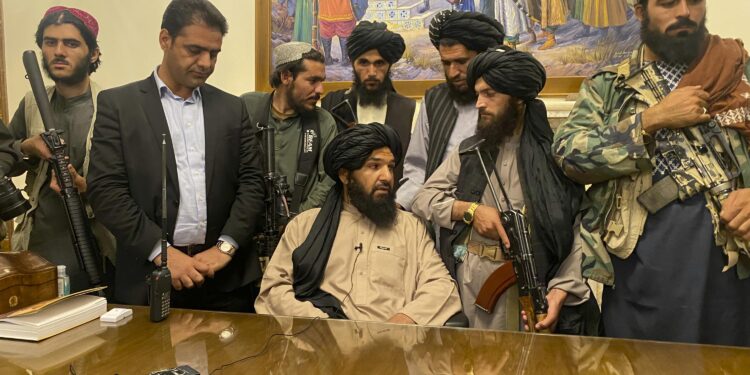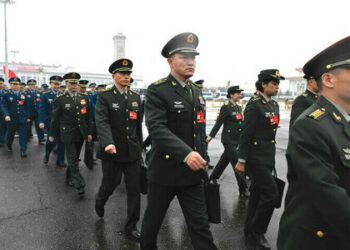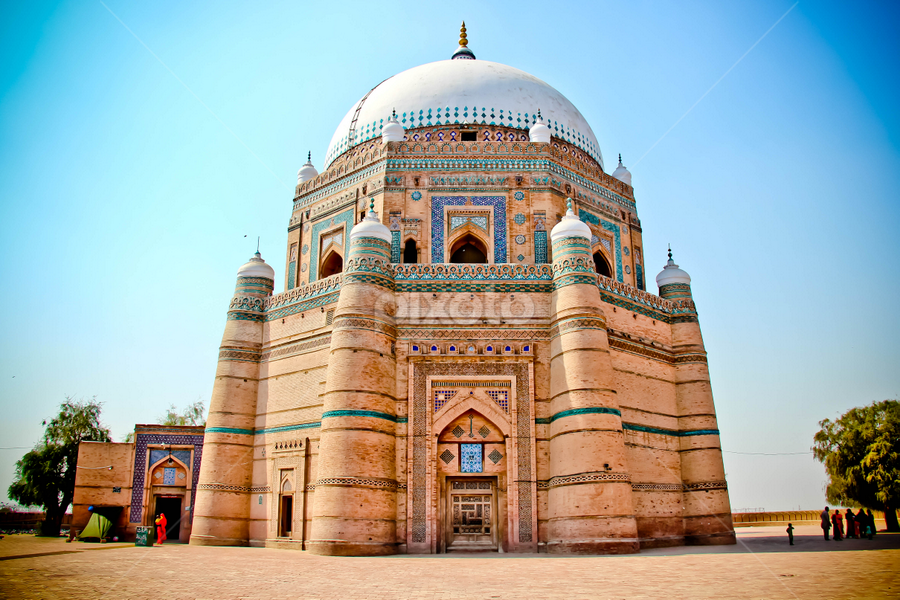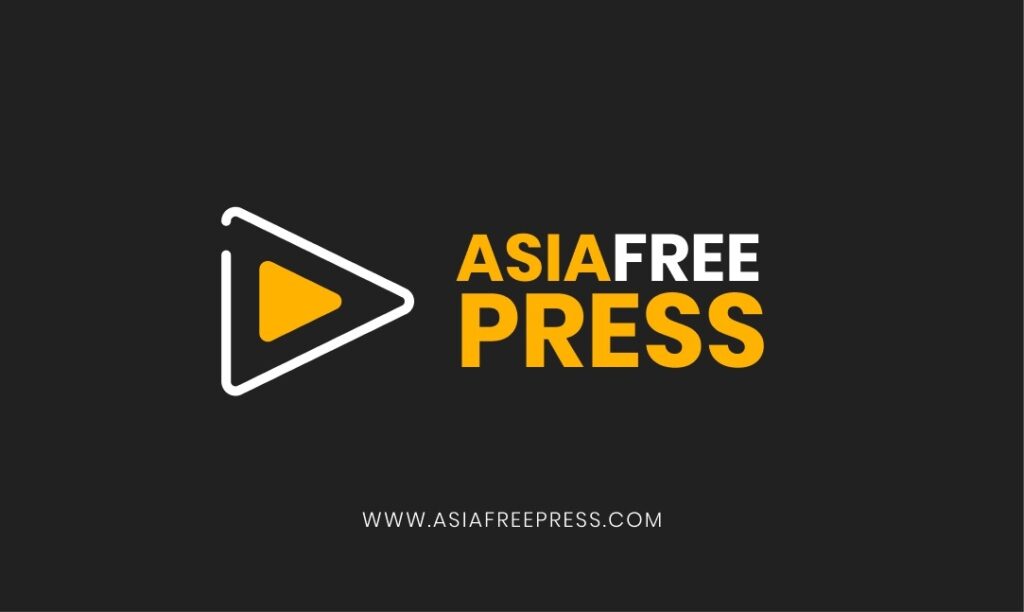The Afghan quagmire has many challenges but also opportunities; it is upto the prudence, foresightedness and sagacity of the state leaders (within and outside Afghanistan) to convert these opportunities into positive developments for the regional peace and stability.
Once again, Afghanistan has lived upto its reputation of being the ‘graveyard of superpowers’ after the complete ‘withdrawal’ of US/NATO forces and declaration of victory by the Taliban on August 31, 2021. However, so far no country has recognized the ‘Islamic Emirate of Afghanistan.’ Therefore, the ensuing scenario in Afghanistan has opened new questions and many uncertainties for the region and the country itself.
It is noteworthy that the Taliban are much more realist and practical this time in its dealings with Afghans, neighboring countries and governance. They have declared general amnesty and avoided the bloodshed, and with surprisingly fast move taken over the key installations and established full control across Afghanistan. It has announced to shun terrorism and have peaceful relations with all the neighboring states. In the latest move, they have announced the formation of an interim government, which includes people from diverse background. However, there remains uncertainties about the fear of a civil war due to some resistance in the Panjshir Valley and rising of the Islamic State (IS) with its subversive activities. Any such scenario would be disastrous for the whole region and Afghanistan.
It is still to be decided whether it is a victory of Taliban and defeat/failure or a planned/calculated move by the United States to leave Afghanistan ungoverned, create chaos and keep the region destabilized in its policy of hedging against China, Russia and Iran. The US Army has left behind huge quantity of sophisticated weapon and equipment to keep the country aflame. This armory would be used either within Afghanistan or in the region, despite the US claims of making it ineffective. Military experts are amazed to witness the ‘blitzkrieg’ military action by the Taliban forces; Taliban were/are the unconventional fighters; how come they have mastered in the art of strategic planning and execution. There may be some forces/state/entity behind this whole scenario of taking over the entire country and without much bloodshed. The other issue is of running the government affairs without hard cash. Previously, it was the United States that provided $2 billion annually to the government in Afghanistan, and now it has put sanctions. Who is going to replace the US as financial supporter of the Taliban government, remains a big question.
The entire scenario opens new challenges and opportunities for the region and Pakistan. It is a good omen that Taliban has developed good relations with its neighboring countries, especially Iran, to whom it considered as the main ideological rival previously. Many Taliban leaders have visited Iran and reportedly some are residing there. China has move forward with heavy investment and is keen to boost economic relations. It should be taken into consideration that Afghanistan has strategic minerals worth trillions of dollars. Therefore, Chinese investment strategy is both for bilateral engagement and to secure its Belt and Road Initiative (BRI). Russia is keen to secure its borders and weary of any separatist movements by the Non-State Actors through Afghanistan; hence would keep its doors open to Taliban government. Nevertheless, these states are happy to see the end of US presence in the region and would continue to be engaged with new government in Afghanistan.
For Pakistan, the biggest challenge is uncontrolled influx of Afghan refugees into Pakistan, which has severe negative implications, and the Covid pandemic may increase its intensity further. Many anti-Pakistan elements can easily penetrate into Pakistan under the guise of Afghan refugees. There is also a severe danger of food, medicine and oil shortage in Afghanistan, which may result into social unrest, culminating into a civil war. The entire West, United States and INGOs are urging Pakistan to supply food items and entertain the Afghan refugees but without any tangible support. Though Pakistan has been doing this for the last many decades, but due to resource constraints and severe financial crunch, it would be unable to meet this challenge alone. Regional countries, G-7 States and world organizations have to move forward to control the situation.
It is good that India has been routed out of Afghanistan and hence its subversive activities against Pakistan would come to an end. But the euphoria created by the Indian media manifest their huge loss of social, political and economic investment spanned over decades. The unfolding scenario has also exposed their true love for the Afghans when many pro-India personalities were refused entry into India. However, the biggest opportunity for Pakistan is a renewed commitment of peace, progress and prosperity in Afghanistan and in the region. Pakistan must maintain its policy of non-interference and promote an all-inclusive government in Afghanistan; proposed, owned and executed by the Afghan leaders and people. Pakistan must also be engaged with regional/neighboring states to formulate a long-term regional approach towards Afghanistan for a win-win situation for all entities within Afghanistan and in the region.
The Afghan quagmire has many challenges but also opportunities; it is upto the prudence, foresightedness and sagacity of the state leaders (within and outside Afghanistan) to convert these opportunities into positive developments for the regional peace and stability.





















Informative